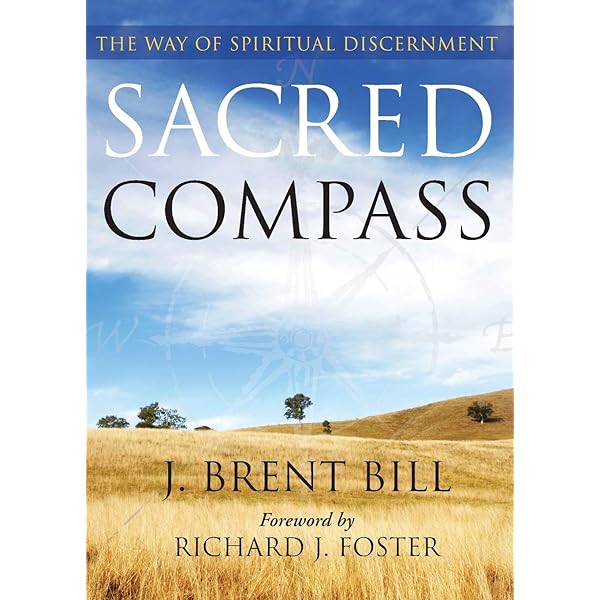
This book is written by an American Evangelical Quaker. So there are a number of things that need tackling before getting into the book. I have learnt that while Quakers are often seen in this country as liminal to Christian orthodoxy in the US they come in two varieties. There are those who are theologically in a similar position to UK Quakers and there are the Evangelical Quakers who clearly are orthodox though pretty liberal with respect to the Christian tradition but hold to elements of the Quaker tradition as well. J Brent Bill comes from this Evangelical stream. As such his theology would be a pretty close fit with that of many URC congregations particularly those that draw on elements of Separatism. Secondly, through Ship-of-Fools I have become aware that Quakerism has a wholly separate tradition of spiritual discernment and given the way even in this country we overlap I wanted to include some exploration of it within what I looked at.
Firstly this is not a book that places the spiritual accompaniment in a wider context. The metaphor used is deliberately that of a compass and not a road map or a SatNav. He also has the Puritan idea that what is right for one is not necessarily right for another. To illustrate this he uses the Draft in the US and the decisions made by him and two friends. One friend coming from a more Radical Quaker tradition openly resisted, the other friend a Lutheran who could have been excused sought to go and he himself having no clear guidance sought to delay. Though the responses were very different yet each decision was brought out of who that person was and their journey with God.
Secondly, core to discernment processes are leadings with certain characteristics that he lists in his chapter on paying attention he suggests testing out leadings against:
- the Fruits of the Spirit
- caring
- a sense of harmony with God
- generosity
- persistence
- rightness
- surrender of our wills to God’s.
He also suggests that they should come from within and not imposed from outside.
He deals with being lost times and I found myself quoting him while on the Spiritual Direction session simply because he says that in the New Testament
lost is simply lost, not damned or condemned.
I added that I suspect if you sense yourself as lost it is the first step towards being found.
He outlines a process which passes through sensing, waiting and acting. In the discernment process, we are moving continually back and forwards between the stages or completing the circle. He describes spiritual friendship as a
friendship between people committed to each other and to the deepening of their faith lives
He talks of what Quakers call “Weighty Friends” who are people that others instinctively turn to for spiritual guidance. In some ways ironic because having to explain the times my faith intuition seems able to grasp something ahead I used the metaphor of “thin” as in the Celtic Spiritual term “thin place“. I think because I am so often surprised by it myself. He describes such people as having a “call:
to create a safe place for spiritual investigation
to embrace hope
to hear the Spirit
to encourage faithful obedience”
I think so far this has been the most useful of the books I have read. In that it has cored me back to what I already sensed and yet has given some form to the process without being prescriptive.
